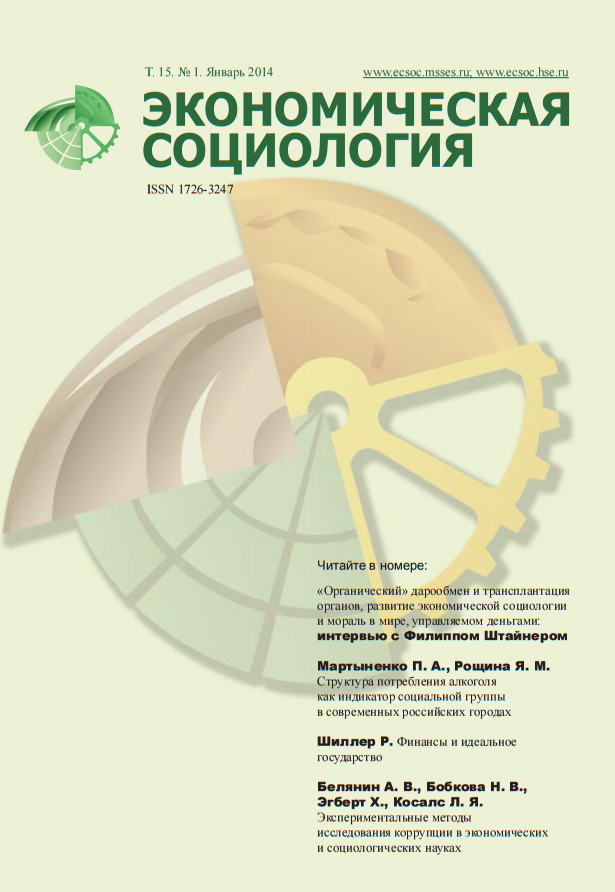Labor, Knowledge and Leisure in Postindustrial Society
Abstract
Though the crisis of industrial capitalism and Fordism-Taylorism did not necessarily signify ”the end of labour” [Rifkin1995], it still marked its profound transformation. Above all, it affected the space–time characteristics of production, i.e. the space of labour went beyond the walls of factories (globalization, delocalisation, outsourcing, etc). The boundary between working time and leisure time became blurred. In modernity, labour was considered a guarantee of redemption. This raises the relevant question what scenario of “Economy of Salvation” can offer the society to the proletariat, now replaced by the precariat, in a context of fewer jobs or when the job itself has changed. The ambivalence of leisure time now means that it is beneficial both for the worker and for leisure industries. During leisure time, the worker not only rests and recuperates, but also perfects existing skills and gains new ones, develops his/her social networks, indulges in his/her hobbies and passions. In other words, one should be completely emancipated from work, yet while being emancipated the person can continue to form his/her own subjectivity, becoming potentially more valuable for the labour market. Thus we can see that leisure time itself can turn out to be productive. Global changes in the nature of labour and leisure have caused deep social metamorphosis in Russia by way of political regime change. In this “new world”, former civil, economic and professional identities yield to stratification by habitus — everyday, consumer and cultural practices. However, will humanity be able to continue its development on the basis of leisure, not labour? Could network solidarity potentially be nourished by some kind of “livelihood allowance” or by alternative economic and ecological micro-projects, and thus be considered just as a marginal pastime or the basis of tomorrow’s polis and oikos? Western politicians promise re-industrialization regularly, while their Russian colleagues argue for the turn from raw-material to high-tech economics. What future does the barometer of cultural practices show? This was the problematic of the research group ”Labour, knowledge and leisure in postindustrial societies” in the framework of the project “‘Cognitive capitalism’ through the Prism of Cultural Practices and Discourses (comparative approach)”, sponsored by the Scientific Fund of the HSE (project number 13-05-0013).













